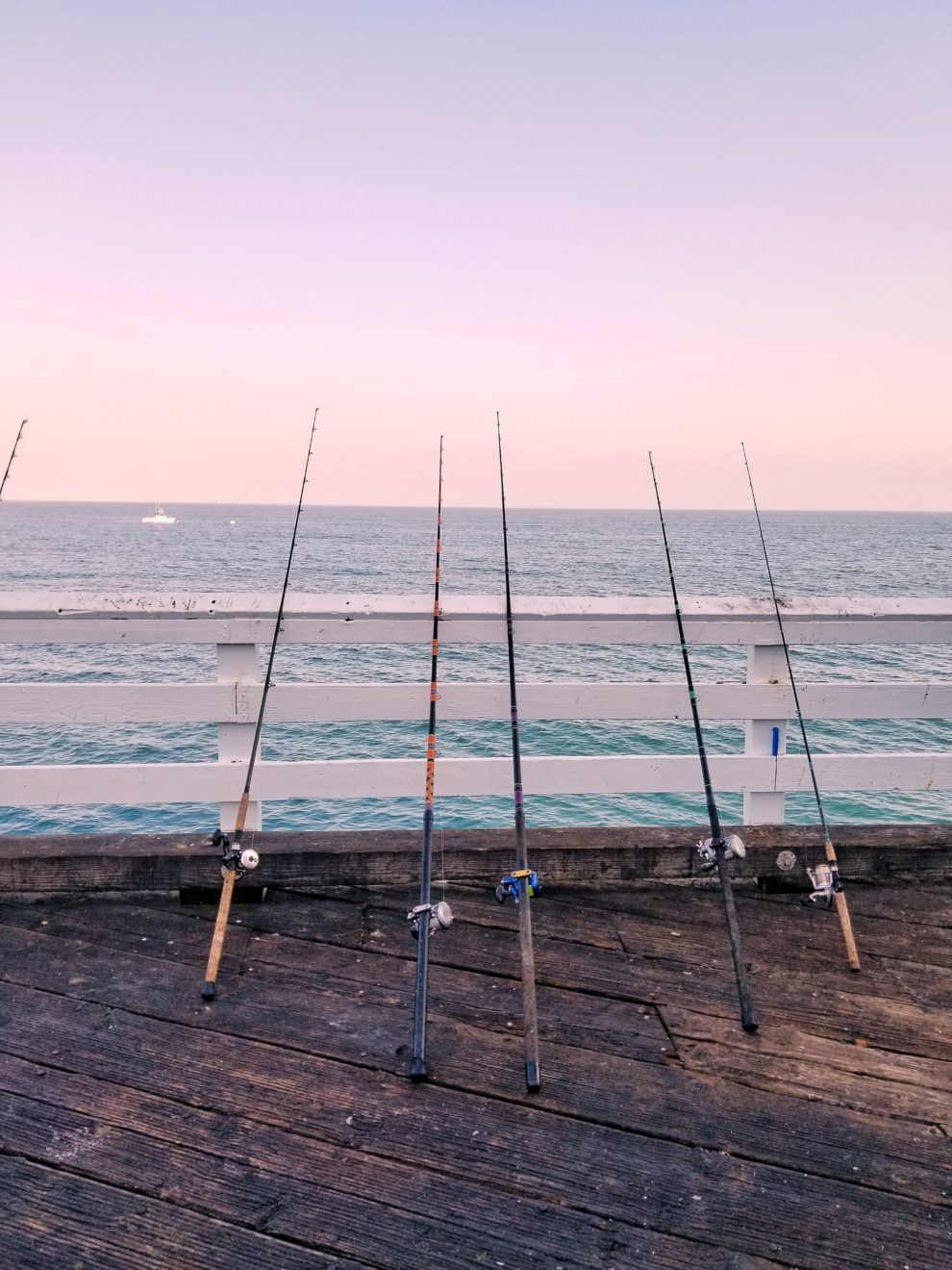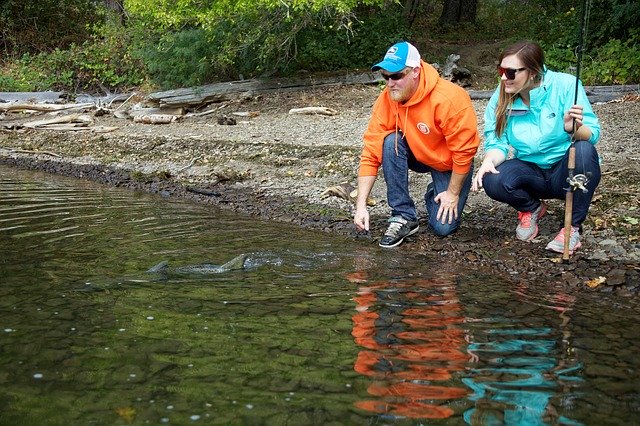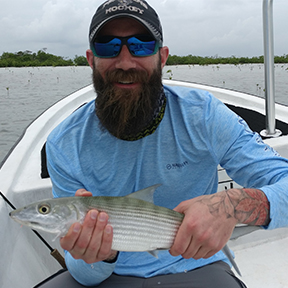Fishing 101: Let’s Talk Etiquette
My goal in this series is to bring more people to the world of fishing. The fishing community has its unwritten rules, and it would be unfair for me to bring you into the sport without shining a light on the topic. Please take this list only as a framework, and while it may seem like common sense, I’ve had plenty of experiences while going above and beyond, I’ve still been confronted.
There is no easy way around it, so I’m not going to attempt to tiptoe around the subject matter. For the purpose of this discussion, this is going to be focused on Lake, stream, river, pond, etc. fishing from the bank or perhaps a pier. I will write a future article on boat etiquette; it would make this article way too long. By bringing up this sometimes difficult subject, we can attempt to get on the same page, in turn, have a better overall experience together.
Respect
Be respectful of your fellow anglers, the fish you catch, and the environment that you’re in. When walking the shoreline of a lake or stream, looking for a spot to fish, you will most certainly pass other anglers. Strike up a conversation. If you had plans to stop at the next spot on the shoreline, make mention of it to the individual you are talking to. ‘Hey, I was planning on running some lines from the spot up ahead, I won’t be bothering you will I?’ Fishing is first come first serve in terms of the spot you fish. Taking this approach is just showing that you’re aware they were here first, and you’re not attempting to crowd them. When I have been in this situation, I have always gotten a friendly, ‘Go for it’ response. More is better when it comes to space between anglers. Sometimes that’s not always possible. When you are forced to fish side by side other anglers, don’t cast over their lines.
Respect the fish that you catch. Minimize the time the fish is out of the water as not to suffocate or cause unneeded stress. When handling the fish, make sure that your hands\gloves are wet before ever picking up the fish. Remove the hook the way it went in. On the release, hold the fish in the water by the tail and midsection in the current as to get water moving over its gills until it swims away under its own power. If you release the fish and it doesn’t swim off, repeat the process. Don’t keep more fish then you intend to eat for any fish that you do intend to keep, dispatch of them quickly, and get it into an ice slurry to preserve the quality.
Know the water that you are fishing. Some sections of water, for example, may be marked for Fly-Fishing only. Other sections maybe catch and release, while some may only allow artificial baits. You can’t always count on these areas to be marked. Knowledge is key. Do your research ahead of time if you’re unfamiliar. Pack it in, pack it out. If I am fishing from a bank, I always take an empty trash bag with me. The number of empty beer cans left behind bait containers and tangled lines that I find on the banks of rivers and lakes would surprise you.
Conclusion
Preparation is the final point I want to touch upon. There are must-haves when planning your trip. Always have your fishing license. Anyone 16 or older needs to have a valid state license to fish. No license allows you to fish in every state. Having the proper equipment is required to remove hooks, cut lines, a net to land the fish, etc. As I mentioned above, on public waterways, there is no such thing as a personal “spot,” but if you do not have permission on private property, you would be trespassing.
Common sense and kindness can go a long way. Spend enough time on the water and you’re bound to have some bad encounters. Keep your etiquette in mind, and move along. For most of us, fishing is a way to relieve stress. No sense in getting worked up over perceived discourtesies; in the end, it is only going to ruin your day.
Keep the lines tight!
Based out of Austin, Jeremy has been fishing for 30+ years. Originally from Southwestern Pennsylvania, growing up fishing small creeks and lakes with family, moved onto to fly fishing the Colorado River outside of Granby, Colorado. Now being in Texas, the gulf coast has captured his attention and where he enjoys spending his time on the weekends. Articles range from product reviews, comparisons, catch and cooks, personal learning lessons, fishing journals, and more.





